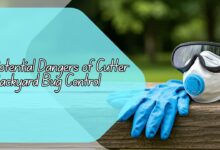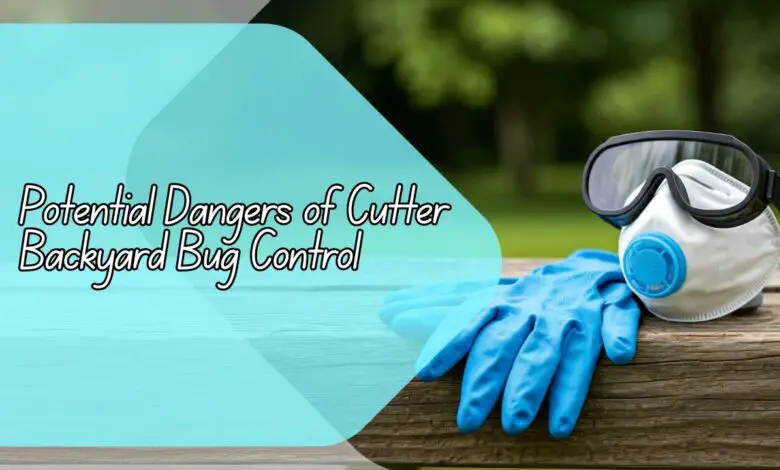
Understanding the Potential Dangers of Cutter Backyard Bug Control
In this article, we will discuss the potential dangers of using Cutter Backyard Bug Control for your gardening needs. We will explore the potential risks associated with using this product and provide tips on how to minimize these dangers. It is important to understand the potential hazards of using pesticide products in your garden to ensure the safety of your plants, yourself, and the environment.
What is Cutter Backyard Bug Control, and how does it work?
Cutter Backyard Bug Control is a popular pesticide product that is commonly used to control various types of insects in outdoor spaces such as gardens and yards. It works by killing or repelling insects upon contact, providing temporary relief from pest infestations.
While Cutter Backyard Bug Control can be effective in controlling bugs, it is important to be aware of the potential dangers associated with using this product in your garden.
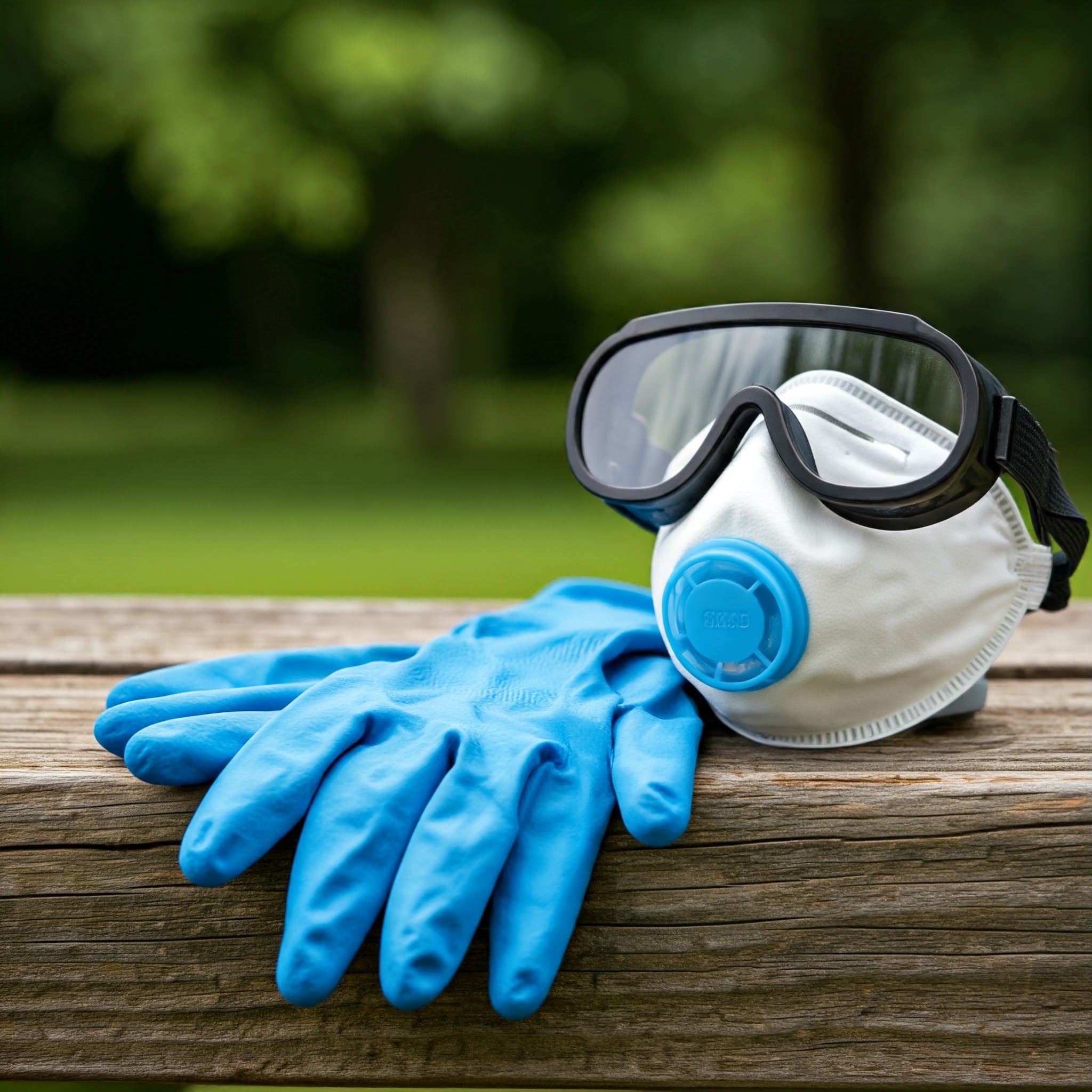
What are the potential dangers of using Cutter Backyard Bug Control?
One of the main potential dangers of using Cutter Backyard Bug Control is the risk of chemical exposure. The active ingredients in this product can be harmful if ingested, inhaled, or come into contact with the skin or eyes. Prolonged exposure to these chemicals can have negative health effects on humans, pets, and other non-target organisms in the environment.
In addition, the chemicals in Cutter Backyard Bug Control can also be harmful to beneficial insects such as bees and butterflies, which play a crucial role in pollinating plants and maintaining a healthy ecosystem in your garden.
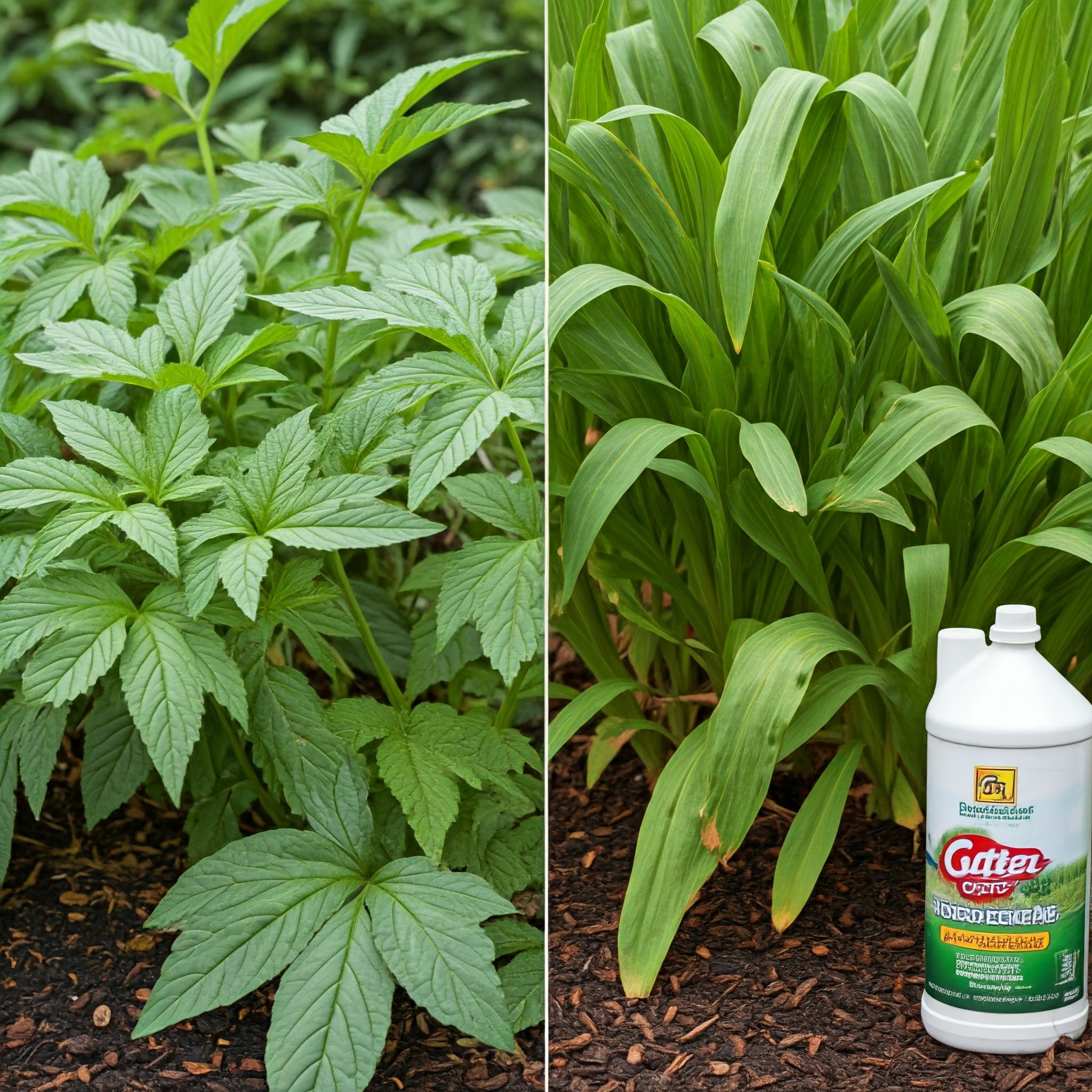
How can you minimize the dangers of using Cutter Backyard Bug Control?
To minimize the potential dangers of using Cutter Backyard Bug Control in your garden, it is important to follow the manufacturer’s instructions carefully. Make sure to wear protective gear such as gloves, goggles, and a mask when applying the product to reduce the risk of chemical exposure.
It is also recommended to apply Cutter Backyard Bug Control during calm weather conditions to prevent the chemicals from drifting to unintended areas. Avoid using the product near water sources or on windy days to minimize the risk of environmental contamination.
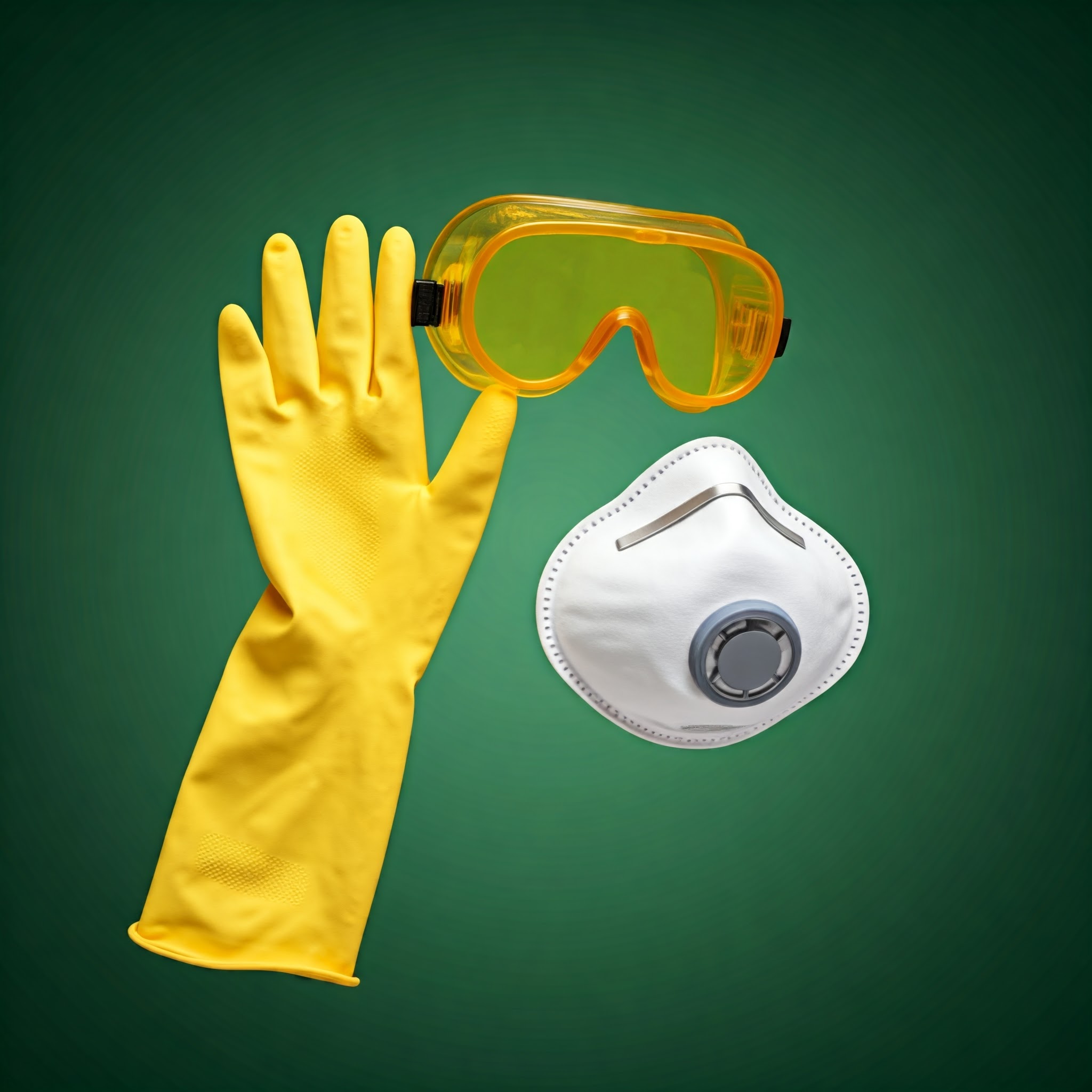
Are there alternative methods for controlling bugs in your garden?
Yes, there are several alternative methods for controlling bugs in your garden that are safer and more environmentally friendly than using pesticide products like Cutter Backyard Bug Control. One effective method is to introduce natural predators such as ladybugs or lacewings to feed on the pests in your garden.
You can also use physical barriers such as row covers or sticky traps to keep insects away from your plants. Additionally, practicing good garden hygiene by removing plant debris and weeds can help reduce pest populations naturally.
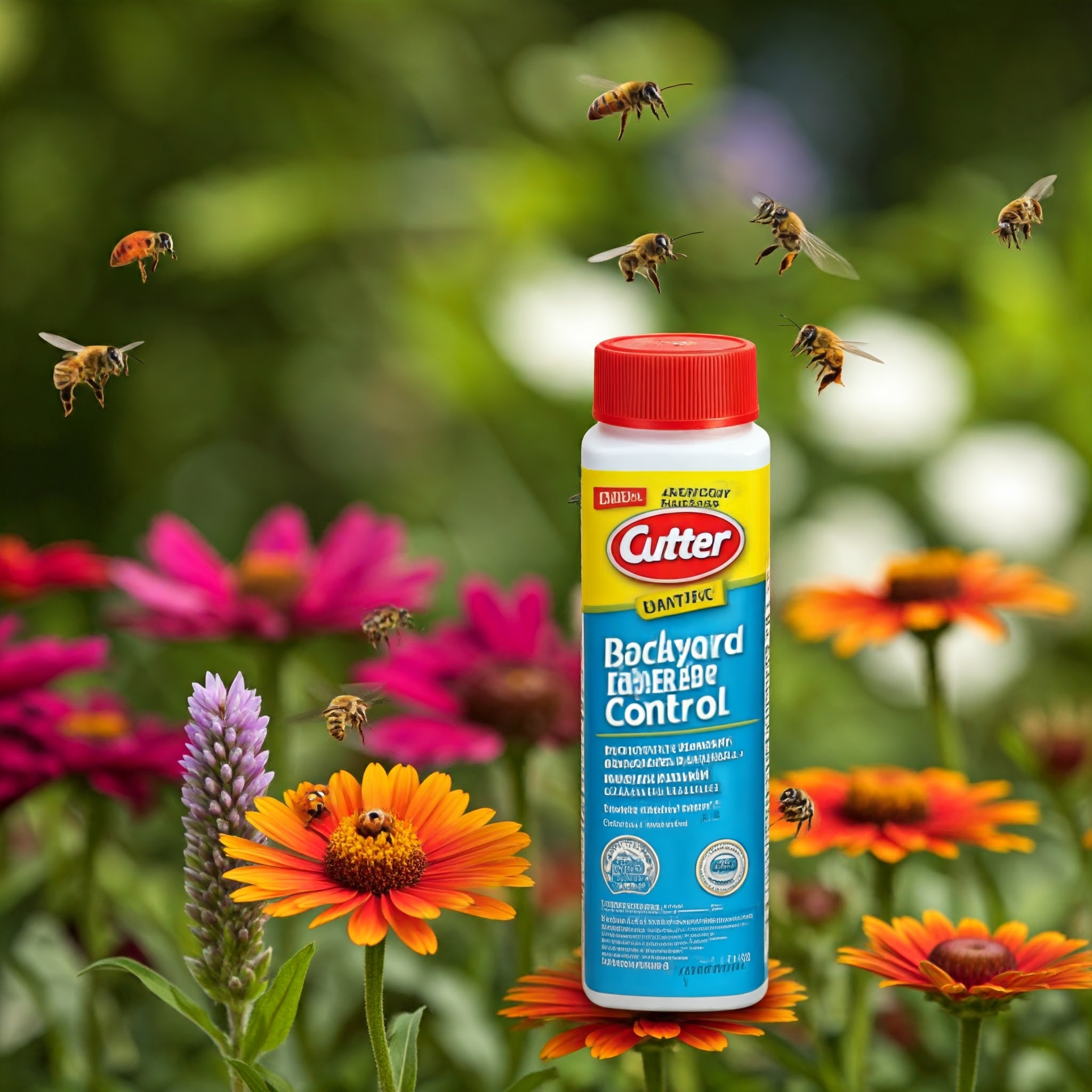
What should you do if you or your pet are exposed to Cutter Backyard Bug Control?
If you or your pet are accidentally exposed to Cutter Backyard Bug Control, it is important to seek medical attention immediately. Rinse the affected area with water and remove any contaminated clothing to prevent further exposure to the chemicals.
Keep the product label handy and provide it to medical professionals for proper treatment. It is also recommended to contact the Poison Control Center or a healthcare provider for guidance on how to handle chemical exposure.
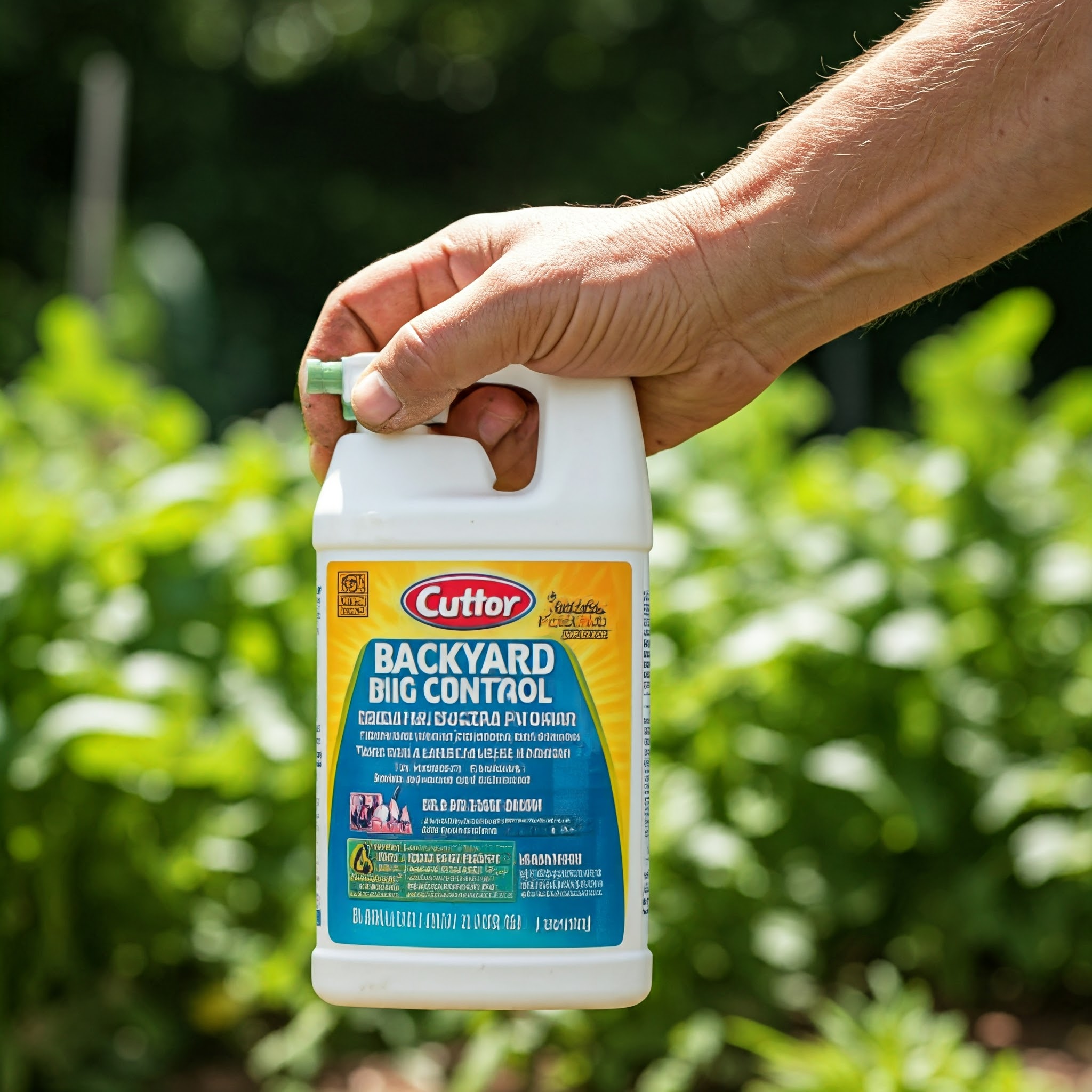
Conclusion
It is crucial to understand the potential dangers of using Cutter Backyard Bug Control in your garden and take necessary precautions to minimize these risks. By following the manufacturer’s instructions, wearing protective gear, and exploring alternative pest control methods, you can effectively manage bug infestations in your garden while prioritizing your own safety, your plants, and the environment.
FAQs:
Can Cutter Backyard Bug Control harm beneficial insects in my garden?
Yes, the chemicals in Cutter Backyard Bug Control can be harmful to beneficial insects such as bees and butterflies, which play a crucial role in pollinating plants and maintaining a healthy ecosystem in your garden.
What should I do if I accidentally ingest Cutter Backyard Bug Control?
If you accidentally ingest Cutter Backyard Bug Control, seek medical attention immediately and contact Poison Control for guidance on proper treatment.
Are there natural alternatives to Cutter Backyard Bug Control for controlling pests in my garden?
Yes, you can use natural predators, physical barriers, and good garden hygiene practices as alternatives to pesticide products like Cutter Backyard Bug Control.
How can I safely dispose of unused Cutter Backyard Bug Control?
It is important to follow the manufacturer’s instructions for proper disposal of Cutter Backyard Bug Control to prevent environmental contamination. Contact your local waste disposal facility for guidance on disposing of hazardous chemicals.
Can Cutter Backyard Bug Control be harmful to my pets?
Yes, Cutter Backyard Bug Control can be harmful to pets if ingested or come into contact with their skin. Keep your pets away from treated areas and consult a veterinarian if they show signs of pesticide poisoning.
